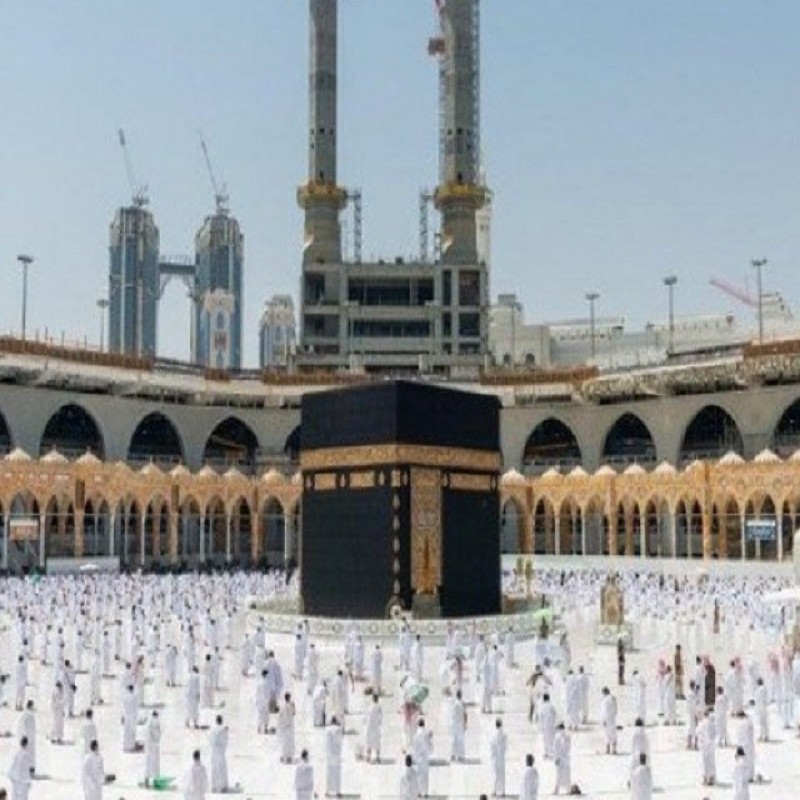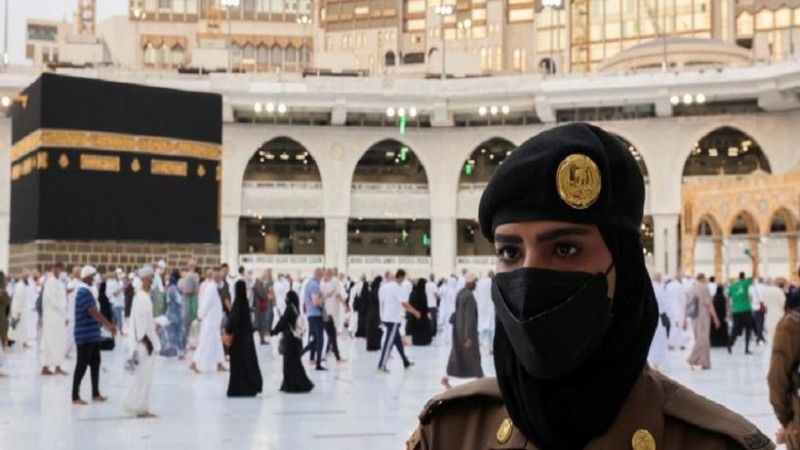Ramadhan fasting challenges Arctic Muslims
NU Online · Sabtu, 13 Juli 2013 | 13:03 WIB
Kiruna, NU Online
In a city where the sun never sets, Ramadan fasting is providing an enormous challenge to Muslims in Sweden's northernmost city of Kiruna where devout Muslims fast from sun up to sun down for a month.<>
"Kiruna is as high up as you get in Sweden, the sun never sets during this month," Ali Melhem, 45, who has lived in Kiruna for 24 years told The Local.
"When I first moved here, Ramadhan was in the spring."
Sweden's long summer days are presenting a challenge to Muslims fasting for Ramadhan.
Starting on July 10, eleven days earlier than last year in accordance with the lunar cycle, Ramadhan gets more into the lengthy summer days.
In Ramadhan, the holiest month in the Islamic calendar, adult Muslims abstain from food, drink, smoking and sex between dawn and sunset.
The sick and those traveling are exempt from fasting especially if it poses health risks.
Religious leaders say the long hours of daylight are not a good excuse to skip the fast.
For Melhem, fasting for 24 hours a day was a challenge no one can achieve.
"My wife and I couldn't make that choice, so we've consulted mullahs from Iraq to Iran,” Melhem, who is a Shiite Muslim, said.
“They say we can wait to fast until the autumn," he said.
He added that some Sunni Muslims in Kiruna have chosen to break their fast when the sun sets over Makkah as a solution to their dilemma.
"I did check if I could follow the sun times in a nearby Swedish town like Luleå or Umeå, but even fasting for 23 hours a day is a bit difficult," father-of-three Melhem said.
In Ramadhan, fasting is meant to teach Muslims patience, self-control and spirituality, and time during the holy month is dedicated for getting closer to Allah though prayers, reading the Noble Qur'an and good deeds.
Muslims also dedicate their time during the holy month to be closer to Allah through prayers, self-restraint and good deeds.
The majority of Muslims prefer to pay Zakah for the poor and needy during the month.
No Consensus
Posing a dilemma for Arctic Muslims, no consensus has been reached on the fasting hours during arctic summer.
“Several imams and organizations have different opinions,” Omar Mustafa, president of the Islamic League in Sweden, said.
“It is up to each individual to decide, but it is not meant that you should fast around the clock. Islam provides many options," Mustafa added.
A similar problem faced Scandinavian Muslims in nearby Finland.
The Azhar Fatwa Committee in Egypt has issued a fatwa permitting Muslims in Scandinavia and Northern countries to fast according to Makkah time.
"The Egyptian scholars say that if the fasting days are long - more than 18 hours - then you can follow the Makkah time or Madinah time, or the nearest Muslim country time," Imam Abdul Mannan, president of the Islan Society of Northern Finland, said.
"The other point of view from the Saudi scholars says whatever the day is - long or short - you have to follow the local time."
Muslims make up some 200,000 of Sweden's nine million people, according to semi-official estimates.
But according to the Islamic Center in Malm', there are around 350,000 Muslims living in Sweden.
Editing by Sudarto Murtaufiq
Terpopuler
1
Panduan Shalat Gerhana Bulan Petang Ini, Mulai Niat hingga Salam
2
PBNU Instruksikan Qunut Nazilah Respons Agresi Israel-AS ke Iran
3
Jadwal Cuti Bersama dan WFA Lebaran 2026, Total Libur Capai 16 Hari
4
Ketua Umum PBNU Mengutuk Serangan AS-Israel atas Iran
5
Khutbah Gerhana Bulan: Tanda Kekuasaan Allah dan Kesempatan Beramal Saleh
6
Amalan-amalan yang Dianjurkan ketika Terjadi Gerhana Bulan
Terkini
Lihat Semua
















